Polarisation, disinformation, trust: do young French people think like…
Past event In person

- Area of Expertise
- Democracy
Democracy
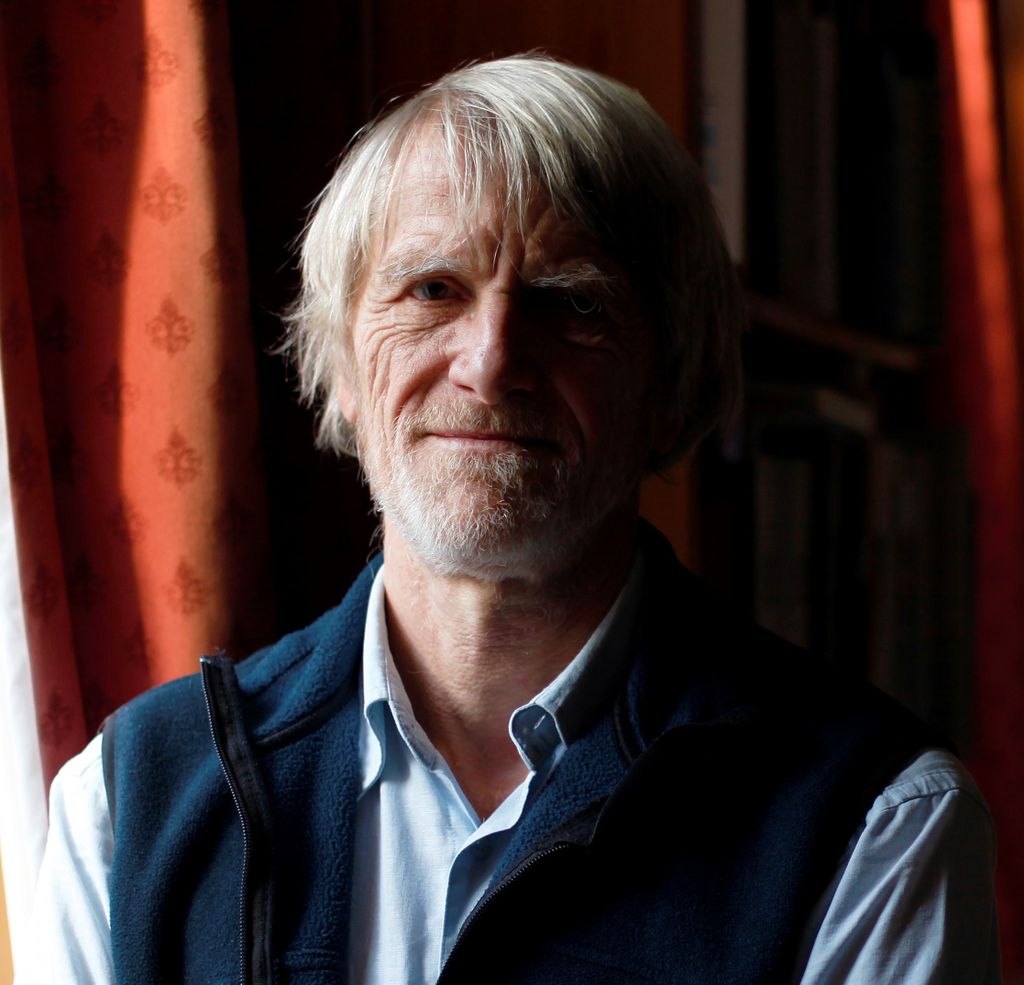
Hoover Chair of Economic and Social Ethics at the University of Louvain
Not poverty, not inequality, but insecurity is at the root of the worldwide upsurge in populism and disenchantment with democracy. This insecurity is in the first place economic. Globalisation, understood as the expansion of world trade, has produced undeniable benefits. The poverty rate in India and China, for example, would not have shrunk as much as it has done had it not been for massive exports. But globalisation has also shattered economic security in many places as a result of international competition annihilating millions of decently paid stable jobs and threatening to annihilate many more.
Globalisation, however, is not the only source of economic insecurity. Technological change is equally important. Projections about the rate of replacement of humans by machines may be exaggerated, but the ubiquitous invasion of automated digital services is now part of everyone’s daily life. The insecurity created by fast technological change does not only affect workers whose jobs may be lost or unpleasantly redefined. It also affects consumers and users of public services who are constantly expected to acquire new skills if they are not to be left behind, deprived of access to what they are entitled to or subjected to heavy costs that the technologically up-to-date can avoid.
Economic and cultural insecurity breed democratic disenchantment
These two major sources of economic insecurity have been very perceptible for some time. They were more recently joined by three more: climate change, the pandemic and the war. Climate change creates insecurity not only because of its haphazard physical manifestations but also because of the economic disturbances created by the urgent changes in production and consumption required to address it. The COVID-19 pandemic disrupted economic activities throughout the world both directly, through illness, lockdowns and other restrictive measures, and indirectly, by creating havoc in supply chains. And the Russia-Ukraine War has not only affected the livelihood of the residents of the war zones and the economies of the two countries at war. It has also made access to energy and food problematic in countless places very remote from the fighting.
Economic insecurity, whether generated by globalisation, digitalisation or any other cause, is not the sole culprit. Cultural insecurity also plays an important independent role. It is triggered when people feel that the identity of their community is threatened by the arrival, or the growth in numbers or power, of people who do not share their native language, cultural references, religious beliefs, civic customs, dress and other everyday practices. The upsurge in populism is sometimes strongest in places where a thriving labour market provides economic security, but where real, alleged or prospective immigration boosts cultural insecurity.
Both economic and cultural insecurity breed democratic disenchantment because of the feeling that democratic national governments, often bridled by international treaties or constitutional constraints, are unwilling or unable to address them effectively. Because of the largely unstoppable cross-border movement of capital, goods, services and people, and because of the need to keep pace with technological progress, governments often have to capitulate to market forces or resort to laborious supranational decision-making processes, more or less remote and more or less undemocratic. Faced with the impotence of democratic governments, the temptation to call for strong leaders and to embrace simplistic nationalist solutions can seem irresistible.
The best argument in favour of basic income is not that it is an instrument against poverty or inequality, but that it is an instrument against insecurity
What can be done to resist this temptation nonetheless? The state, the community and the market all have shortcomings, but all have a role to play. However, globalisation — migration included — urgently needs to be better regulated so as to protect the weaker actors without preventing win-win deals. Meanwhile, at the national and local levels, measures can and must be taken to enhance the security, both economic and cultural, of the least secure, including among autochthonous majorities.
In a recent book, “A World of Insecurity”, which largely shares the diagnosis sketched above, UC Berkeley economist Pranab Bardhan discusses many such measures — from lifelong learning to strengthening the voice of the most vulnerable workers. But there is one measure to which he devotes an entire chapter: universal basic income. In his view, the best argument in favour of basic income is not that it is an instrument against poverty or inequality, but that it is an instrument against insecurity. The fact that some non-poor receive a basic income is therefore not a regrettable targeting error. It is essential in order to increase the economic security of both the poor and the non-poor: for women even more than for men, a sturdy universal floor in the form of an individual unconditional income is far superior, in this respect, to a means-tested safety net.
While the introduction of a basic income is mainly advocated in the context of relatively rich countries, Bardhan argues that it is even more relevant and may prove more realistic in poor countries. In India, for example, a very modest universal basic income could be funded by scrapping subsidies that benefit the rich more than the poor and by taxing real estate, currently hardly taxed. “Even under the pressing fiscal constraints, it may not be unaffordable” while providing “some minimum income security” to tens of millions of vulnerable Indian households. Whether in India, Europe or the United States, Bardhan does not claim that basic income constitutes a magic potion to guarantee security, let alone a magic bullet to kill populism. But it is part of the battery of security-enhancing policies that are needed if the root causes of the worldwide disenchantment with democracy are to be addressed.
This is an abridged version of a column published in The Brussels Times on 2 February 2023.
The views expressed in this #CriticalThinking article reflect those of the author(s) and not of Friends of Europe.
Past event In person

Past event In person - Prato, Italy

Past event In person

Past event In person, Berlin

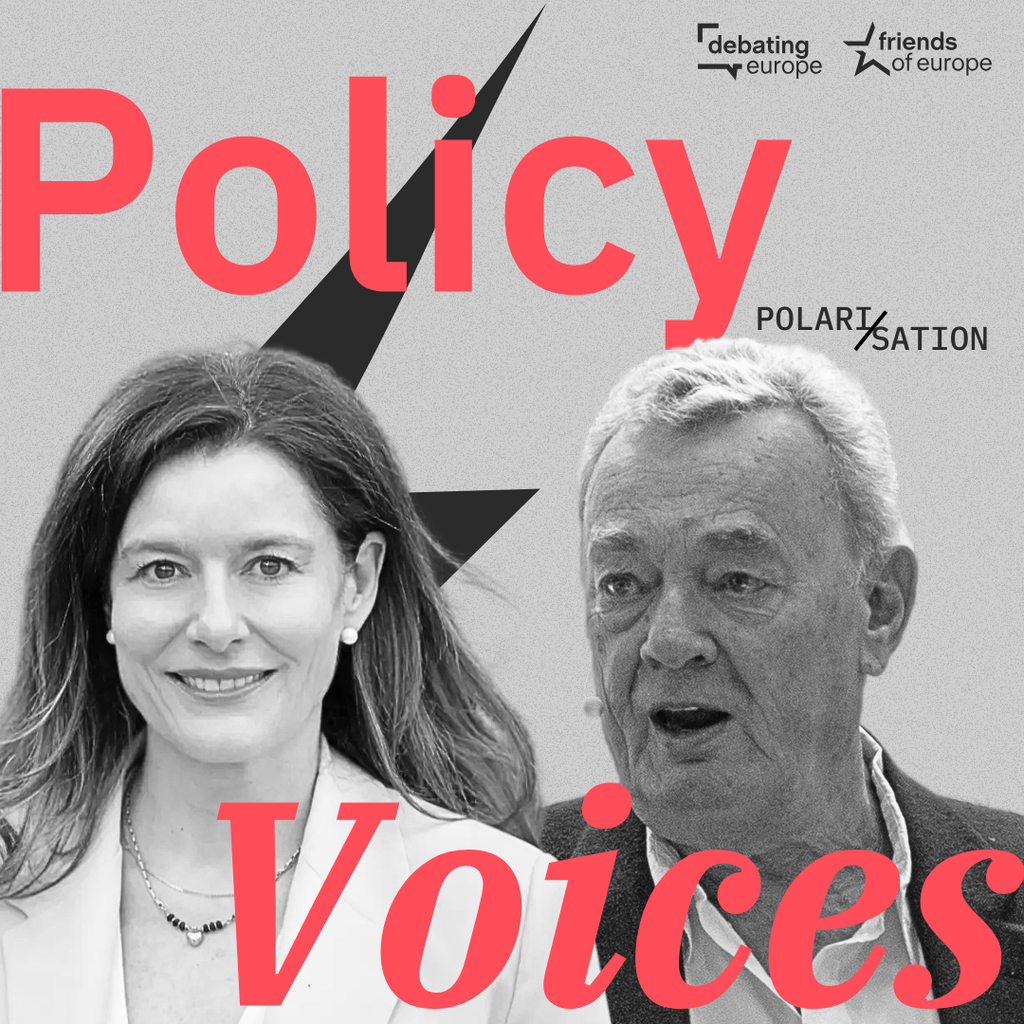
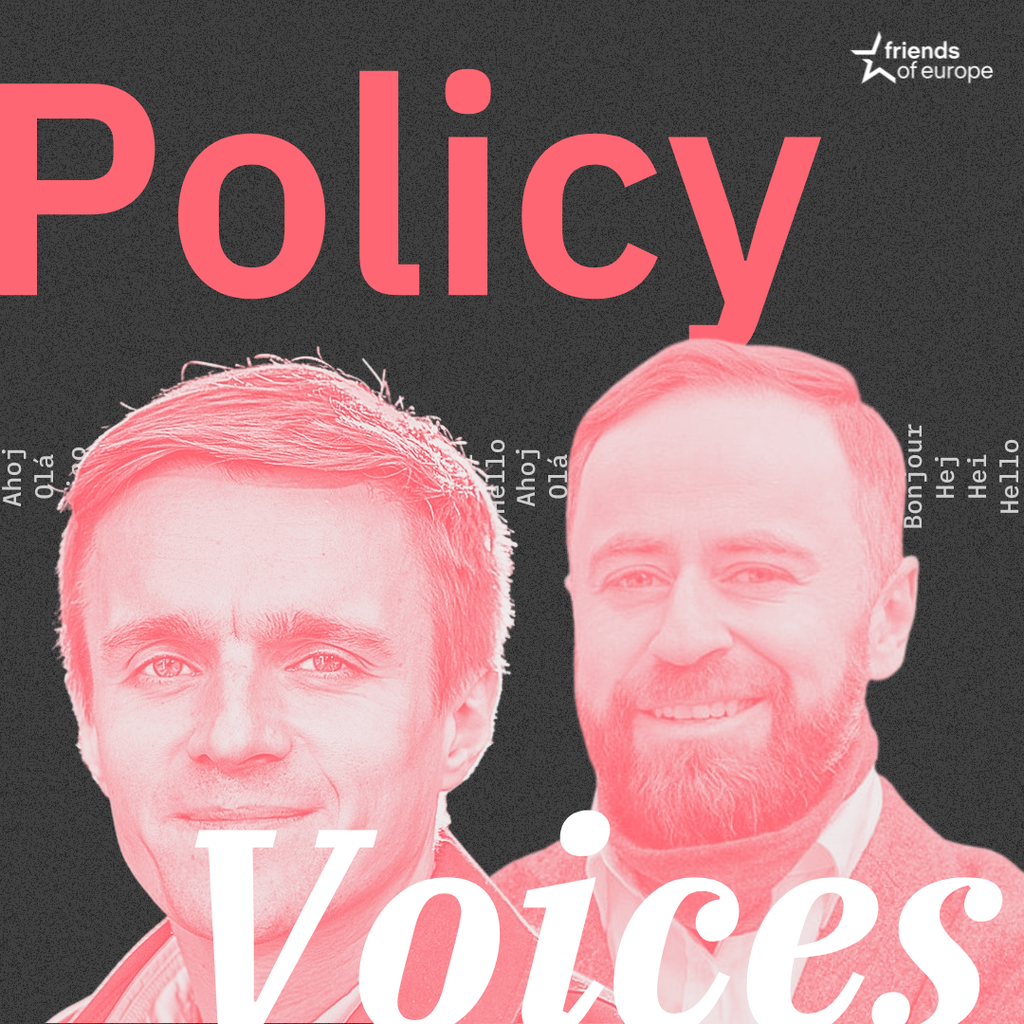
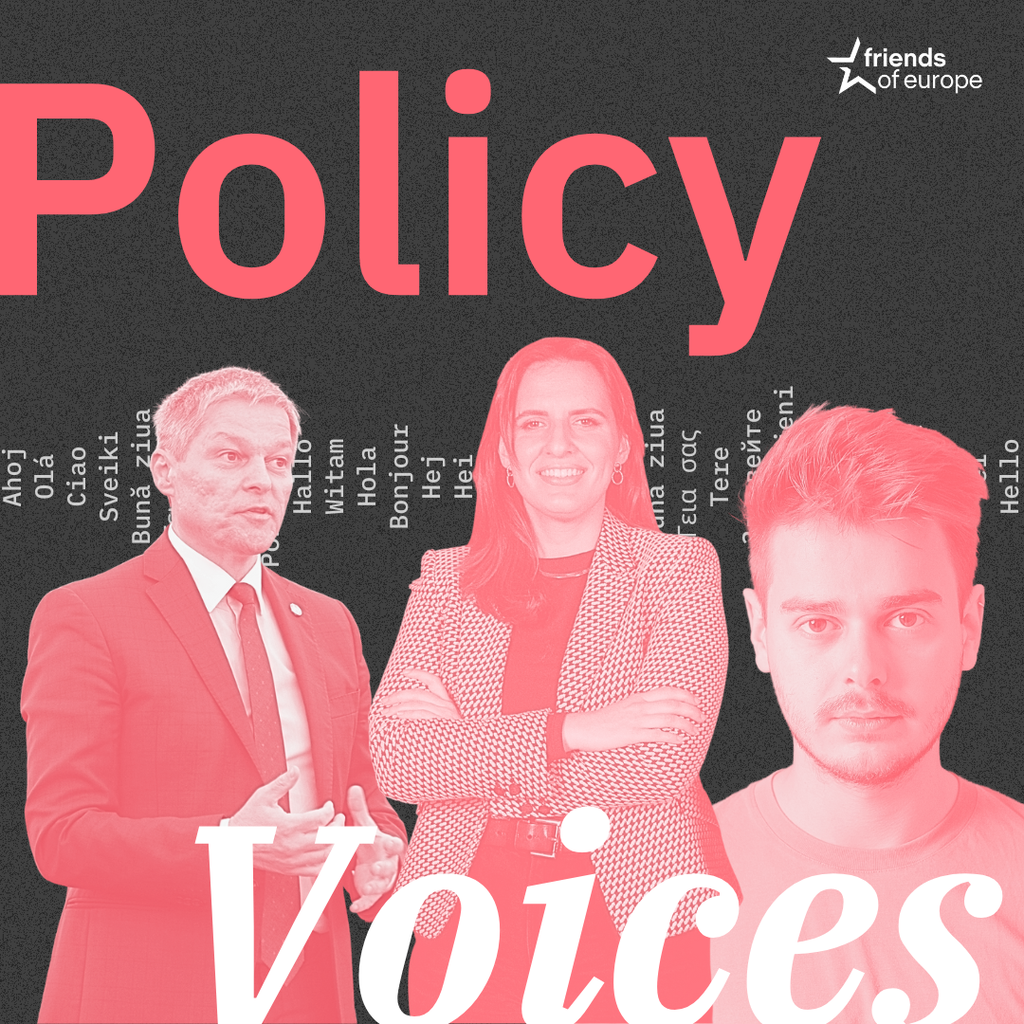
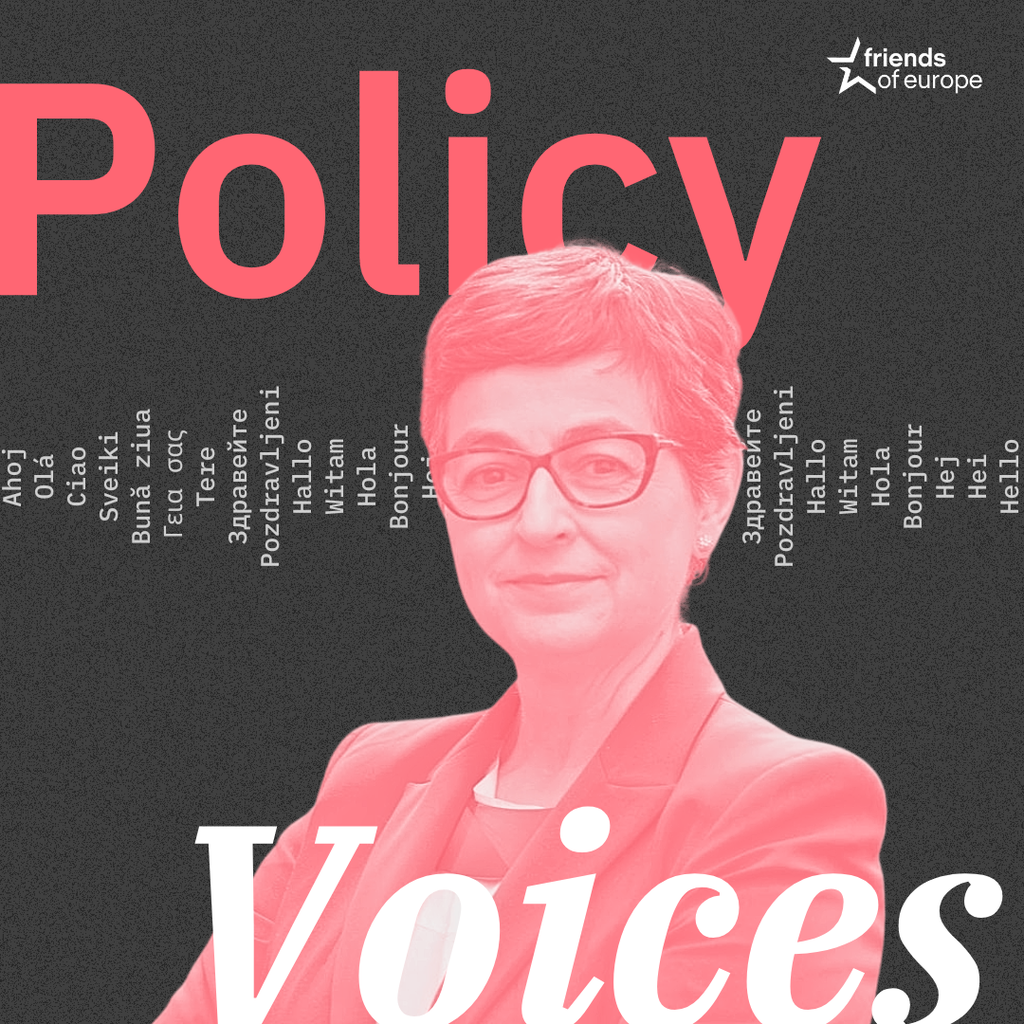
Stay informed
We use cookies and similar technologies to adjust your preferences, analyze traffic and measure the effectiveness of our campaigns. Learn more about our privacy policy.